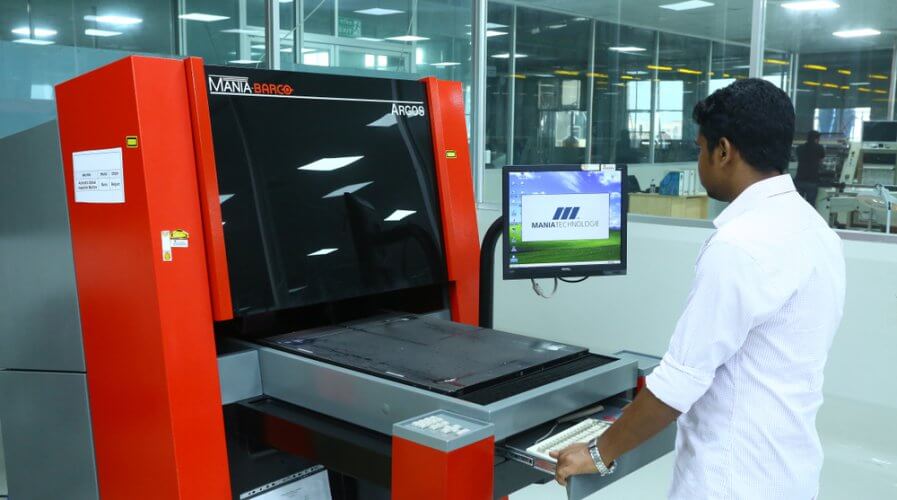
It’s time to focus on training data analysts for 2020. Source: Shutterstock
Malaysia needs to focus on creating data analysts to support growth
MALAYSIA has an incredible opportunity in front of it — the country is located in the heart of Southeast Asia and has all of the right ingredients for commercial success in the digital world, except for talent.
Talent, especially in fields such as data science and machine learning, is in short supply across the world. Without the right talent, the prospects for business leaders in the country will be limited.
The government, its various agencies, educational institutions, organizations, and professionals in the country understand this opportunity and know they need to take action to make changes before it is too late.
“Universities are infusing data science and analytics into their upper-graduate paths but it is neither fast nor strategic enough to address the accelerating digital landscape,” Center of Applied Data Science (CADS) Founder and CEO Sharala Axryd told Tech Wire Asia.
“It isn’t a government-wide strategy like China’s ambition to be the world leader in Artificial Intelligence (AI) research and deployment by 2030 — with an AI Innovation action plan for colleges and universities.”
Axryd’s CADS is one of the bodies looking into the training and certification of data professionals, endorsed by the Malaysian government.
CADS recently signed a Memorandum of Understanding with the Malaysia Board of Technologists (MBOT) to have one of its premier training programs accreditation by MBOT’s Technology and Technical Accreditation Council (TTAC).
According to Axryd, the momentum in Malaysia, in terms of training data analytics professionals, is slowing down.
“There is currently no [national] strategy for data science analytics skill development.”
Companies across industries are looking at taking their own initiative to upskill their workforce in order to succeed in the digital economy.
According to the World Economic Forum, 54 percent of the workforce needs to be upskilled by 2022 but it’s apparent that companies won’t be able to achieve a skills revolution by themselves.
With the rapid rise of AI and machine learning, the impact of automation will result in real job losses if the workforce is unable to navigate the future of work — which is why Axryd insists that the government must play its part.
“I think the Government has given a lot of grants around industrial revolution 4.0 but it would be better to have a cohesive, comprehensive strategy.”
“We have the talent but not the relevant skills,” explained Axryd, who believes that the government must ask the right questions to map out the gaps and make the right investments in the country’s talent pools.
An important point that Axryd made during the interview was that the government needs to be mindful that there will be a certain percentage of the population that will be unable to follow along with the digital transformation journey.
“This is [also] a gap that the government needs to look at and address – focus on the frontline, entry-level, and low-skilled workers whose jobs are at risk of being disrupted by AI and automation so that they don’t get left behind. The majority of the workforce has to develop a future-proof skillset — and they can.”
CADS is gearing up to tackle the skills challenge by training more data analysts in the coming months.
The government, its agencies, and other bodies, on the other hand, need to find ways to work with businesses to ensure talent pools in the country gain the right skills in time to support the country’s digital growth.
READ MORE
- Safer Automation: How Sophic and Firmus Succeeded in Malaysia with MDEC’s Support
- Privilege granted, not gained: Intelligent authorization for enhanced infrastructure productivity
- Low-Code produces the Proof-of-Possibilities
- New Wearables Enable Staff to Work Faster and Safer
- Experts weigh in on Oracle’s departure from adland


